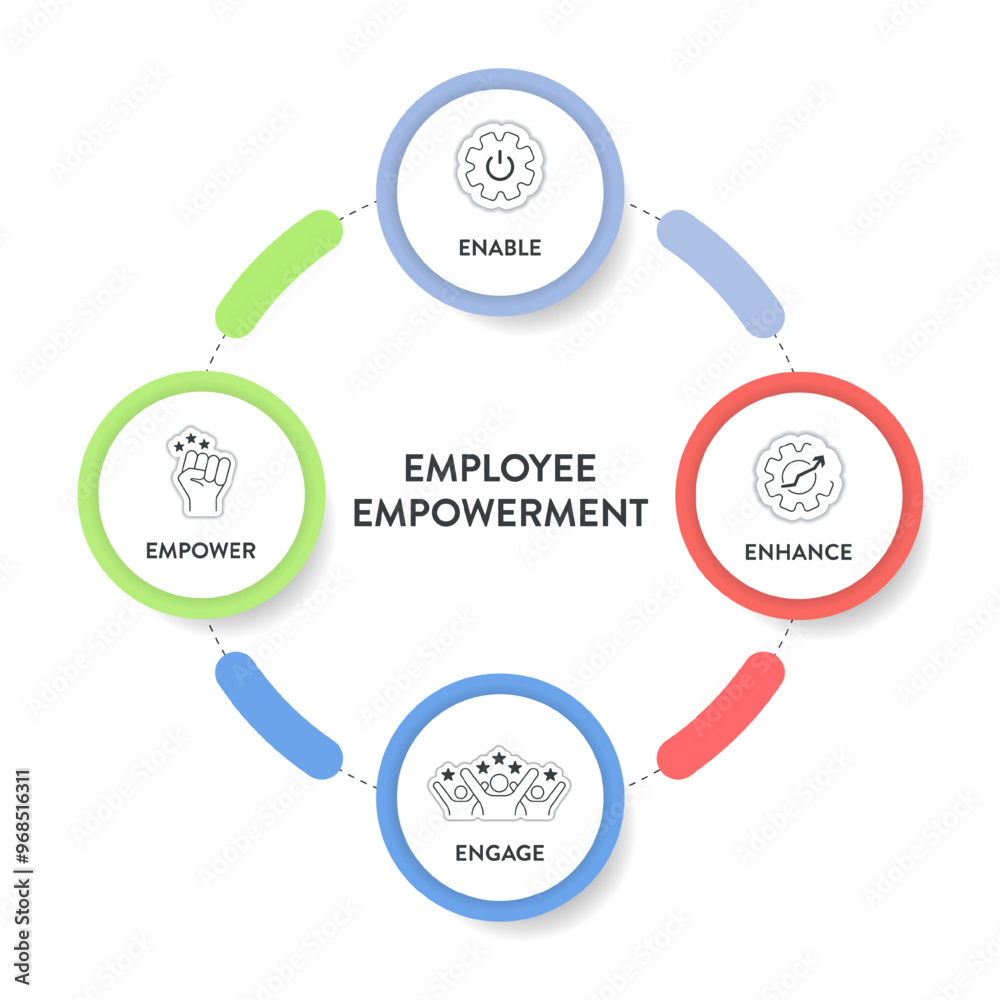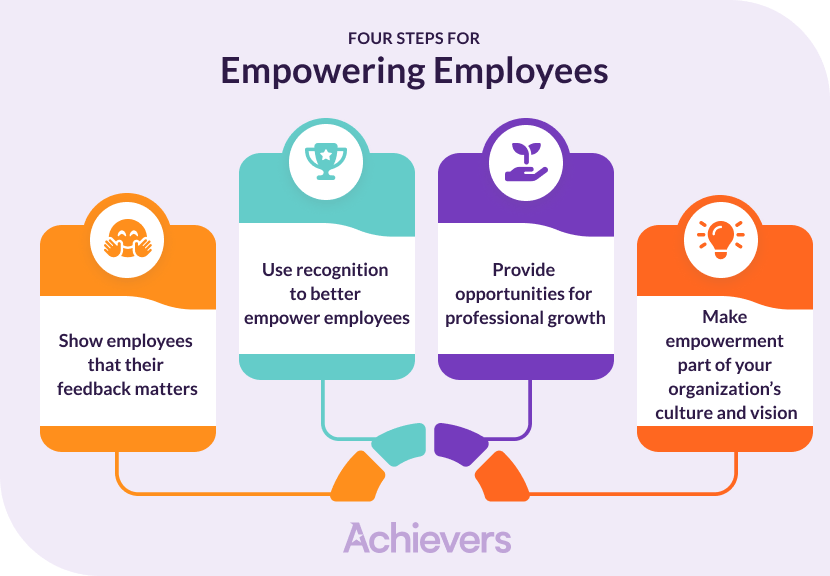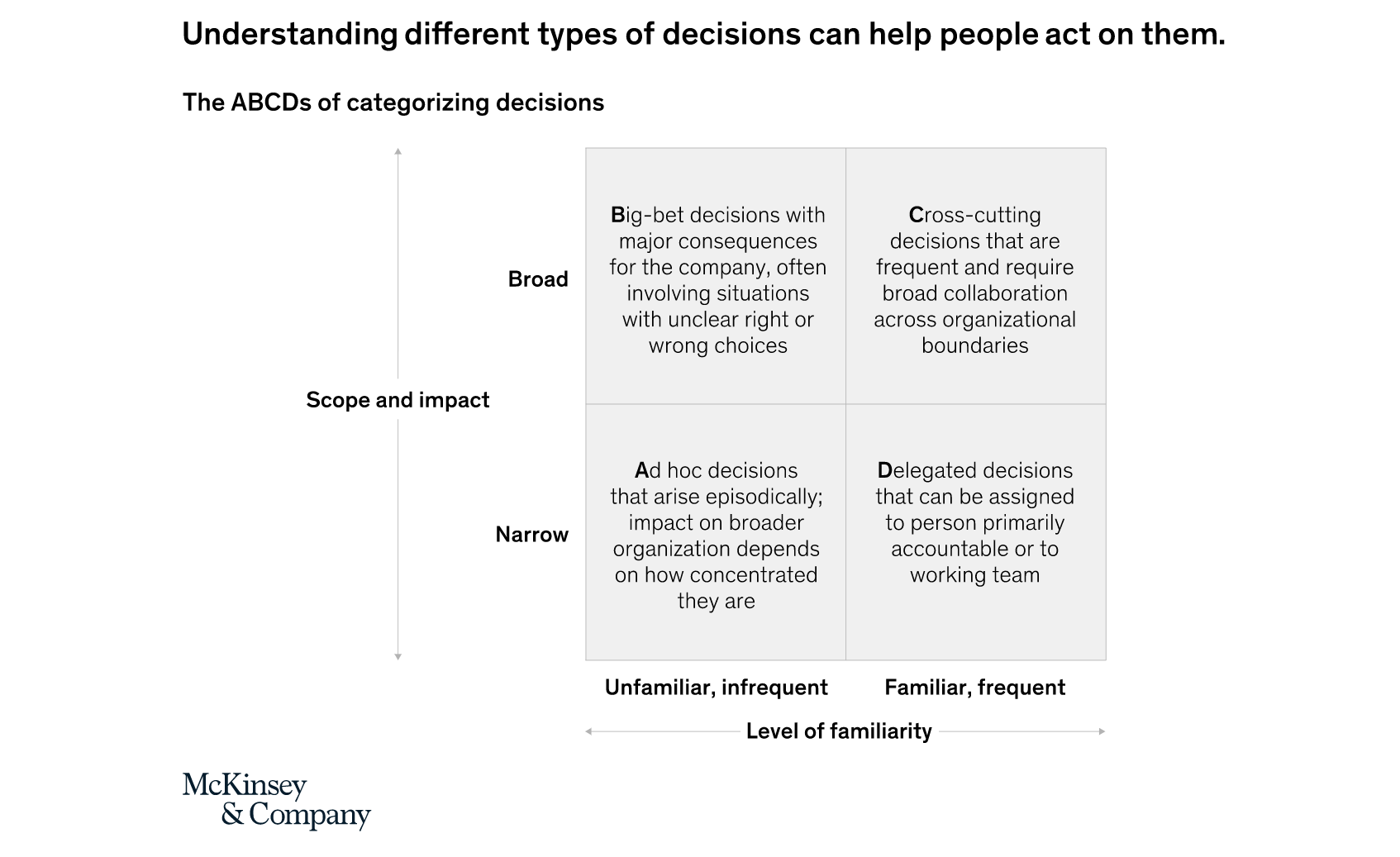Empowering Employees To Make Decisions

The shift towards empowering employees to make decisions is gaining momentum across various industries, reshaping traditional hierarchical structures and fostering a more agile and responsive workforce.
This trend, driven by the need for greater efficiency and innovation in a rapidly changing business environment, is prompting companies to decentralize authority and entrust employees with increased autonomy.
The Rise of Autonomous Teams
The core of this movement lies in the belief that employees closest to the work are often best equipped to make informed decisions. By pushing decision-making authority down the organizational ladder, companies aim to accelerate problem-solving, enhance employee engagement, and unlock a wealth of untapped potential.
According to a recent study by Gallup, companies with highly engaged workforces outperform their peers by 23% in profitability.
This performance boost is often attributed to the increased sense of ownership and responsibility that comes with having a voice in decision-making processes.
Key Strategies for Implementation
Several key strategies are emerging as best practices for successfully empowering employees. Clear communication of company goals and values is paramount.
This ensures that employees understand the broader context of their decisions and can align their actions with the organization's strategic objectives. Robust training programs are also essential.
These programs should equip employees with the skills and knowledge necessary to make sound judgments and navigate complex situations. Establishing clear boundaries and guidelines is crucial.
This framework provides employees with the autonomy they need while ensuring accountability and preventing potential missteps. Regular feedback and coaching are vital for continuous improvement.
Constructive feedback helps employees refine their decision-making skills and learn from both successes and failures.
"Empowering employees isn't about relinquishing control; it's about distributing leadership and fostering a culture of trust and accountability," says Dr. Anya Sharma, a leading organizational psychologist.
Examples in Action
Numerous companies have already embraced this approach with notable success. Zappos, for example, has famously implemented a holacracy, a self-organizing management system that distributes authority and decision-making power throughout the organization.
This model allows employees to form self-directed teams and pursue initiatives that align with the company's overall goals. Google is another example of a company that empowers its employees to make decisions.
Google's 20% time policy allows employees to dedicate a portion of their work hours to pursuing personal projects, leading to innovations like Gmail and AdSense. John Doe, a project manager at a tech startup, shares his experience.
"Since we implemented a more decentralized decision-making process, our team has become significantly more agile and responsive to customer needs. We're able to address issues and implement solutions much faster than before," says Doe.
Potential Challenges and Mitigation Strategies
Despite the numerous benefits, empowering employees can also present challenges. Some employees may feel overwhelmed by the added responsibility, especially if they lack the necessary skills or experience.
Resistance to change from managers accustomed to traditional hierarchical structures is another potential hurdle. To mitigate these challenges, companies should provide adequate training and support, clearly define roles and responsibilities, and foster a culture of open communication and feedback.
Leadership must also be willing to embrace a more collaborative and decentralized approach, empowering their teams to take ownership and drive results.
Impact on Society and the Future of Work
The trend towards empowering employees has far-reaching implications for society and the future of work. It fosters a more engaged and motivated workforce, leading to increased productivity and innovation.
It also promotes a more democratic and equitable workplace, where employees feel valued and respected for their contributions. As technology continues to transform the business landscape, empowering employees will become increasingly critical for companies to remain competitive and adapt to change.
By investing in their employees and providing them with the autonomy and support they need to succeed, organizations can unlock a wealth of potential and create a more prosperous and fulfilling future for all.
![Empowering Employees To Make Decisions How to Prepare for Empowered Decision-Making [5 Ways]](https://images.squarespace-cdn.com/content/v1/5f22b2a69927c212804361c7/384bd341-7d36-4a7f-b932-87179372840c/squarespace10+(1)-min.png?format=1500w)
/smiling-business-people-clapping-in-office-meeting-719878031-5a8989e43037130037365355.jpg)















